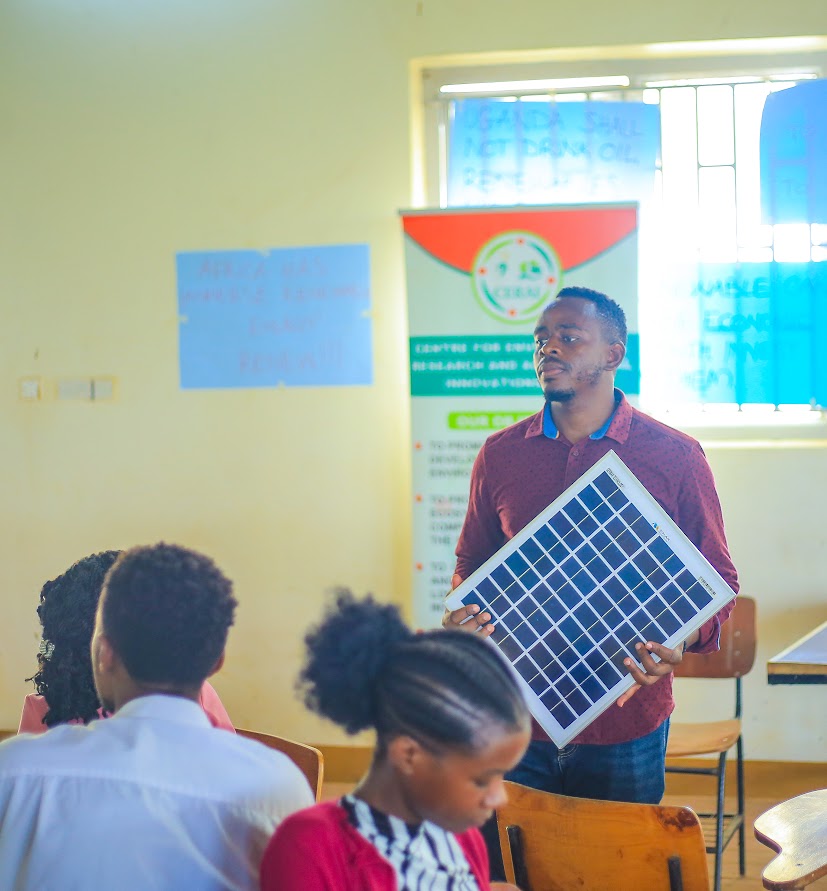

RENEWABLE ENERGY PROGRAM
Uganda is endowed with abundant renewable energy resources, particularly solar power, that can serve as clean, cheap, and sustainable energy alternatives. With an average of 5-6 hours of sunshine per day, Uganda’s potential for solar energy is immense. Additionally, the country is rich in hydropower, biomass, geothermal, and wind resources. Despite this, these renewable energy resources remain largely untapped, with efforts to harness them lagging. Further, Uganda’s energy transition is critical to the country’s commitment to combat climate change. By investing in renewable energy, Uganda can significantly reduce greenhouse gas emissions and align itself with global climate goals, such as those outlined in the Paris Agreement.
Program Objective
Together, we can reduce pollution, protect ecosystems, and ensure access to clean, renewable energy for all.
Copyright © 2021 CERAI UG. All rights reserved.